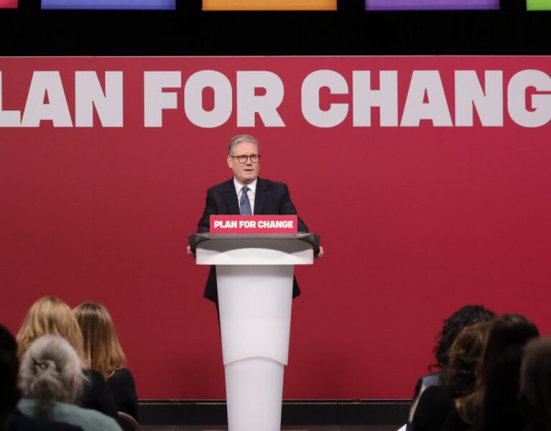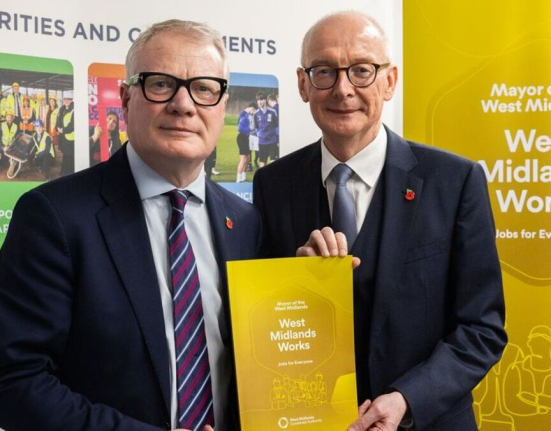Joint move with Australia and Canada
The UK has formally recognised the state of Palestine, joining Australia and Canada in a co-ordinated announcement at the UN General Assembly.
The decision marks a historic shift in Britain’s foreign policy and places three of Israel’s closest allies at odds with Washington and Jerusalem.
Prime Minister Sir Keir Starmer said the step was designed to “revive the hope of peace” and move closer to a two-state solution.
In a televised statement, he added that recognition was not “a reward for Hamas”, stressing that the proscribed militant group could play no role in any future settlement. He also instructed officials to draft further sanctions against Hamas.
Mounting pressure at home
Starmer had first signalled the move in July, shortly after French president Emmanuel Macron declared his intention to recognise Palestinian statehood. Labour MPs had pressed him to follow suit, warning that the party risked alienating large sections of its voter base – particularly Muslim communities – over its handling of the Gaza conflict.
International backdrop
The decision comes as Israel intensifies its military campaign in Gaza, where large parts of the territory face famine and humanitarian collapse. The Israeli government has rejected accusations of genocide but pressed ahead with expanded operations in Gaza City. It has also authorised further settlement building in the West Bank, including the contentious E1 Plan, which involves 3,000 homes near Jerusalem. Critics argue the project would carve up Palestinian territory and extinguish hopes of a contiguous state.
Israel’s prime minister’s office and foreign ministry did not immediately comment on the announcements. The US, however, has voiced its opposition, warning that recognition at this stage could undermine negotiations.
Growing global support
About 150 UN members already recognise Palestine. With France, the UK, Australia and Canada now joining that list, Palestine will for the first time enjoy recognition from G7 countries. Portugal has also confirmed it will issue a formal declaration this weekend.
Roughly 165 states currently recognise Israel. For supporters of the Palestinian cause, the growing number of recognitions signals a shift in international patience with the status quo.
Divisions remain
Not all have welcomed the move. Families of hostages taken during Hamas’s October 7 attack released an open letter to Starmer, warning that Hamas had already portrayed Britain’s decision as a “victory” and withdrawn from ceasefire talks.
Despite the criticism, Starmer framed recognition as a pragmatic step. “Peace and security for both peoples depends on a two-state solution,” he said. “Recognition of Palestine is part of making that goal real.”







